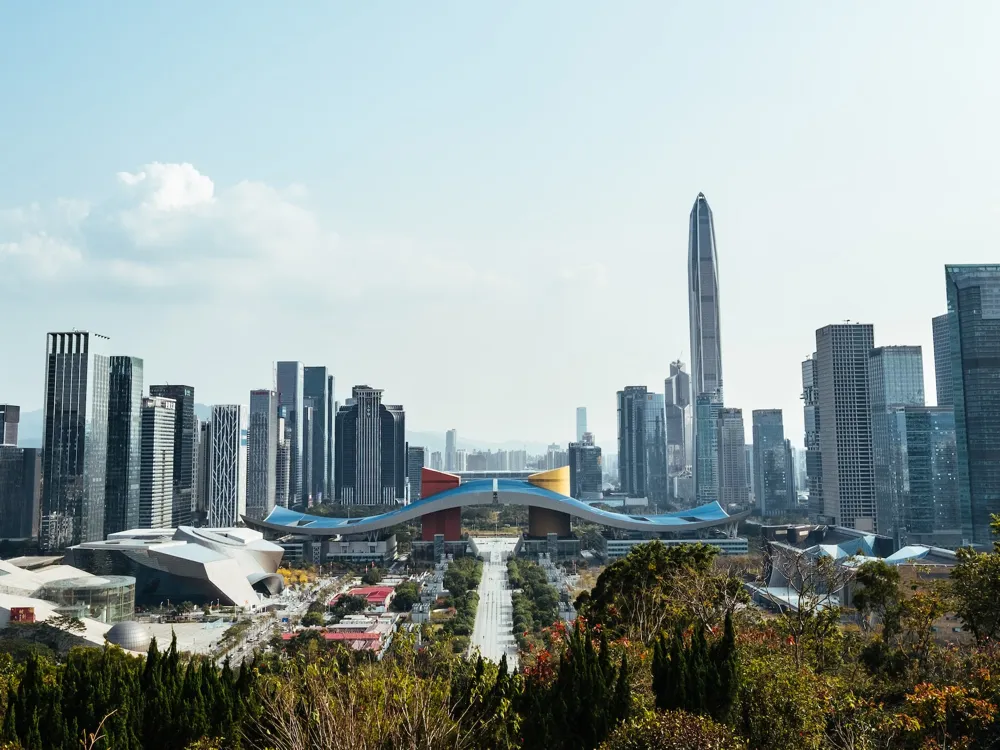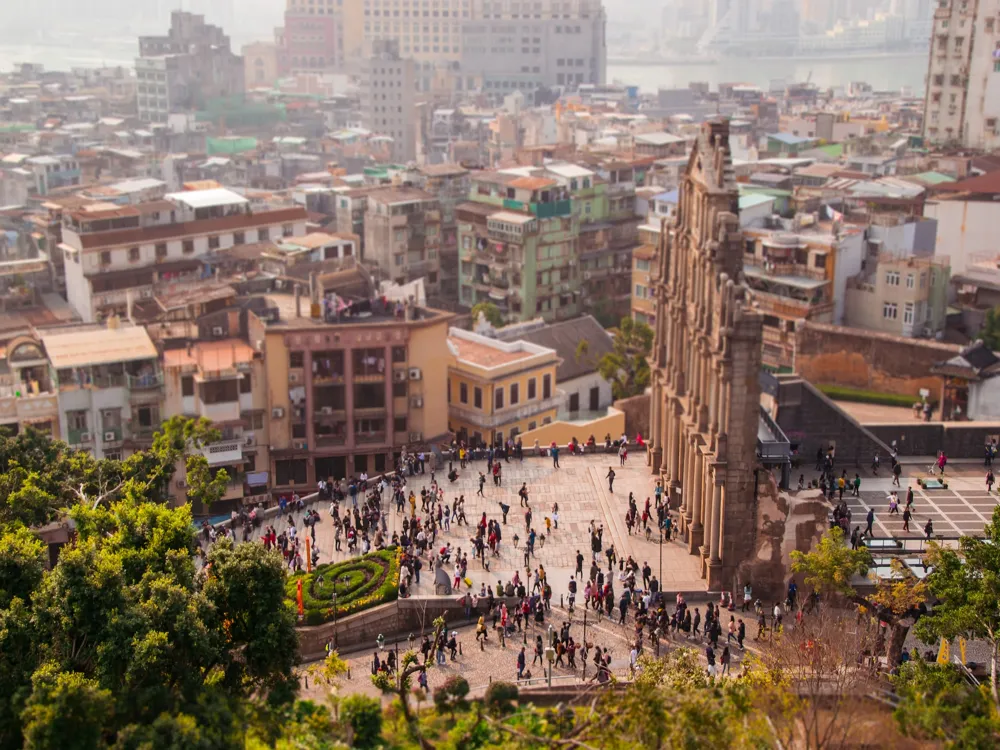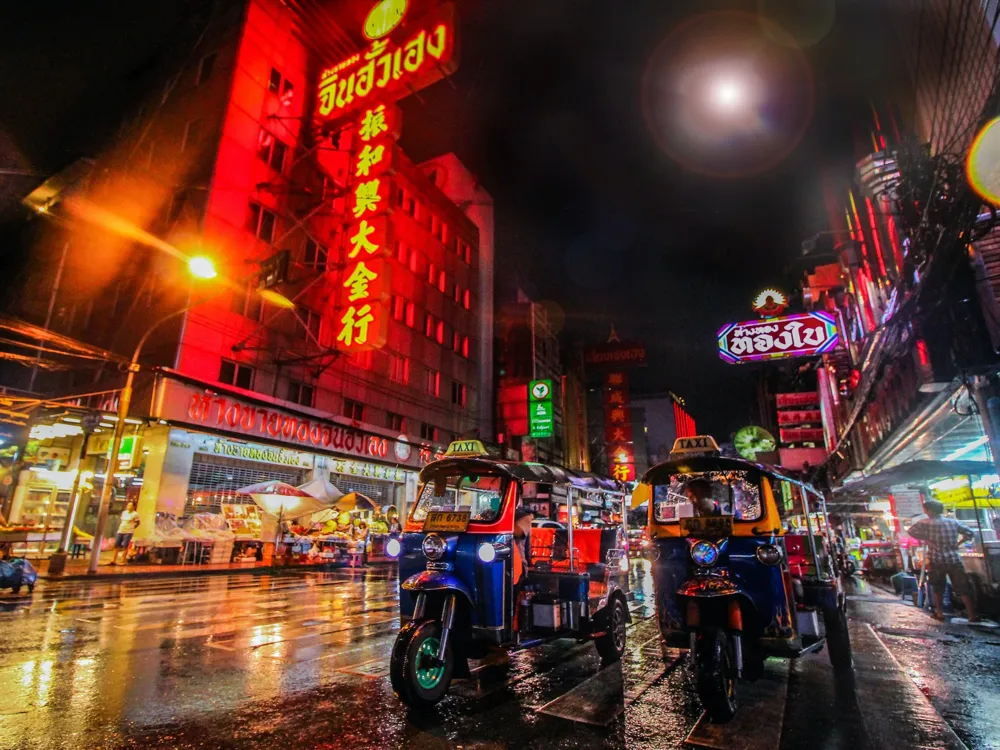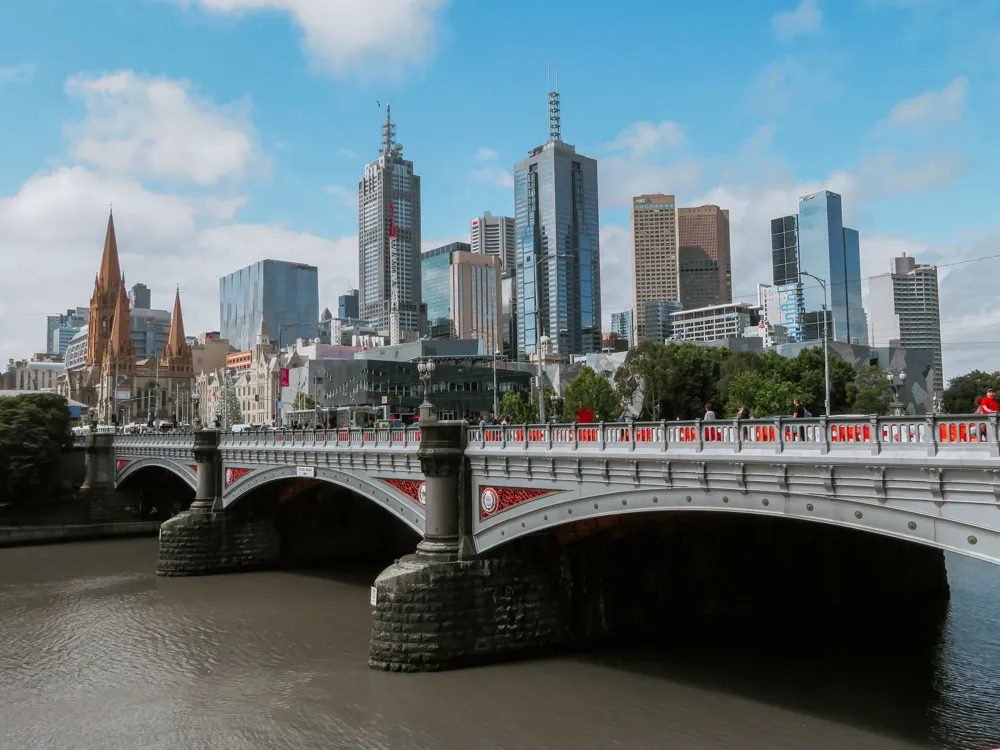The Hong Kong Tramways, a historic and iconic mode of transportation, have been a staple of the city's landscape since 1904. They offer a unique way to explore the bustling streets of Hong Kong, providing an insight into the city's rich heritage and modern dynamics. The tramway system, often referred to as 'Ding Ding' due to the distinctive sound of its bells, stretches over 13 kilometers and covers a large part of the island, making it not only a tourist attraction but also a vital part of daily commuting for locals. One of the world's oldest and most famous tram systems, Hong Kong Tramways operate with a fleet of over 160 trams, making it one of the most extensive and frequently serviced double-decker tram systems globally. The trams themselves are a blend of the traditional and modern, with some retaining their historic design while others have been updated with contemporary amenities. This juxtaposition offers a unique experience that appeals to both history enthusiasts and those seeking a convenient way to navigate the city. As you travel through the city on these trams, you are offered a unique vantage point to observe the daily life and hustle of Hong Kong. The routes cover major landmarks, commercial areas, traditional markets, and residential neighborhoods, presenting a comprehensive picture of the city's diverse facets. The affordability and accessibility of the tramways make them an excellent choice for tourists looking to explore the city in an authentic and immersive manner. The Hong Kong Tramways were established in the early 20th century, with the first services running in 1904. Originally operated by the British, the tramways have witnessed and adapted to various historical events and changes in the city's landscape. Throughout its operation, the tramway has undergone numerous modernizations, including transitioning from single-deck to double-deck trams, introducing electrically powered trams, and regularly updating its fleet for efficiency and passenger comfort. Despite these changes, the tramways have maintained their original charm and continue to be an emblematic feature of Hong Kong's culture and history. The tramways are not just a mode of transport but a living heritage of Hong Kong. They have been featured in numerous films, art, and literature, encapsulating the essence of the city's evolution. The trams have become a symbol of Hong Kong's resilience and ability to blend tradition with modernity. For locals, they are a reminder of the city's past, while for visitors, they are an iconic representation of Hong Kong's unique character. The architecture of Hong Kong Tramways is a fascinating blend of historical design and modern engineering. The tram system's design reflects the city's architectural evolution, balancing functionality with aesthetic appeal. The double-decker trams, a distinct feature of the system, were introduced to maximize capacity without increasing the number of trams on the road. This innovative design has become a hallmark of the tramways and a symbol of Hong Kong's ingenuity in urban transport solutions. The trams themselves are marvels of engineering. The older models, some of which are still in operation, showcase the craftsmanship of early 20th-century design, with wooden bodies and open balconies. These trams have been meticulously maintained and restored, preserving their historical value while ensuring safety and comfort for passengers. The newer models incorporate modern materials and technologies, featuring air-conditioning, digital displays, and ergonomic seating, yet they retain the iconic exterior design that makes them instantly recognizable. The tram tracks and infrastructure also reflect a blend of the old and new. The tracks run through some of the most densely populated areas of the city, seamlessly integrating into the urban landscape. The tram depots and maintenance facilities, although not as visible to the public, are equally impressive, and equipped with modern technology to ensure the efficient and safe operation of the tram system. The design philosophy behind the Hong Kong Tramways is centered on sustainability and cultural preservation. The system has evolved to meet modern demands while respecting the historical significance and visual impact of the trams. This philosophy is evident in the careful restoration of older trams and the thoughtful design of new ones, ensuring that they contribute to the city's character rather than detract from it. Over the years, the Hong Kong Tramways have embraced innovation and technology to enhance the efficiency and experience of the service. From the implementation of an electronic ticketing system to the use of GPS for real-time tracking and scheduling, the tramways have adapted to the digital age while maintaining their historic charm. This blend of tradition and technology is a testament to Hong Kong's forward-thinking approach to public transport. One of the most notable aspects of the tramways is their environmental friendliness. As one of the earliest forms of electric public transport in Hong Kong, the trams have played a significant role in reducing the city's carbon footprint. The use of electric trams contributes to lower emissions and a cleaner urban environment, aligning with global efforts to combat climate change and promote sustainable urban living. Preserving the historical and cultural significance of the tramways has been a priority for Hong Kong. Restoration projects are regularly undertaken to maintain the condition of the older trams, ensuring they continue to operate safely and effectively. These efforts involve skilled craftsmanship and a deep understanding of the tramways' historical context, making them an ongoing testament to Hong Kong's dedication to its heritage. Riding the trams early in the morning or late in the evening can help you avoid the peak-hour rush. This is also a great time to capture beautiful photographs of the city without the crowds. For the best views, head to the upper deck and try to get a front-row seat. This offers an unobstructed view of the city's streetscapes and architecture. Get familiar with the tram routes beforehand. The tramways cover a wide area of Hong Kong Island, and knowing the routes can help you plan your journey more effectively. Trams accept Octopus cards and exact change in cash. Having an Octopus card is more convenient and helps avoid the hassle of finding exact changes. Consider combining tram rides with walking tours. This way, you can explore areas in greater detail and discover hidden gems in the city. Reaching the Hong Kong Tramways is convenient due to the city's efficient public transport system. The tramways are accessible from various points on Hong Kong Island. Visitors can take the MTR (Mass Transit Railway) to any station on the Island Line and find a tram stop nearby. Additionally, numerous bus routes intersect with tram stops, making it easy to transfer from different parts of the city. For those staying in central areas, the tramways are often within walking distance, providing a straightforward and enjoyable way to start your exploration of Hong Kong. Read More:Overview of Hong Kong Tramways
History and Evolution
Cultural Significance
Architecture of Hong Kong Tramways
Design Philosophy
Innovation and Technology
Environmental Impact
Restoration and Preservation Efforts
Tips When Visiting Hong Kong Tramways
Best Times to Ride
Choosing the Best Seats
Navigating the Routes
Payment Options
Combining Tram Rides with Walking Tours
How To Reach Hong Kong Tramways
Hong Kong Tramways
Hong Kong
NaN onwards
View hong-kong Packages
Weather :
Tags : Experiential Rides
Time Required : 1-2 hrs
Planning a Trip? Ask Your Question
Hong-kong Travel Packages
View All Packages For Hong-kong
Top Hotel Collections for Hong-kong

Private Pool

Luxury Hotels

5-Star Hotels

Pet Friendly
Top Hotels Near Hong-kong
Other Top Ranking Places In Hong-kong
View All Places To Visit In hong-kong
View hong-kong Packages
Weather :
Tags : Experiential Rides
Time Required : 1-2 hrs
Planning a Trip? Ask Your Question
Hong-kong Travel Packages
View All Packages For Hong-kong
Top Hotel Collections for Hong-kong

Private Pool

Luxury Hotels

5-Star Hotels

Pet Friendly




















